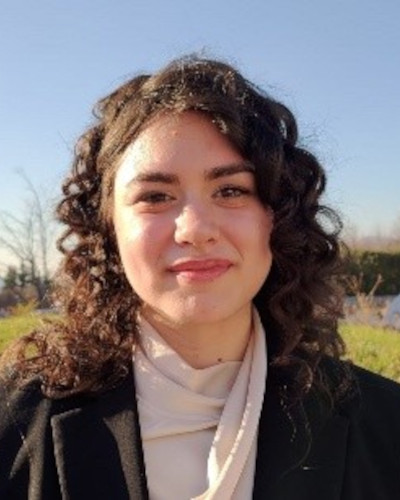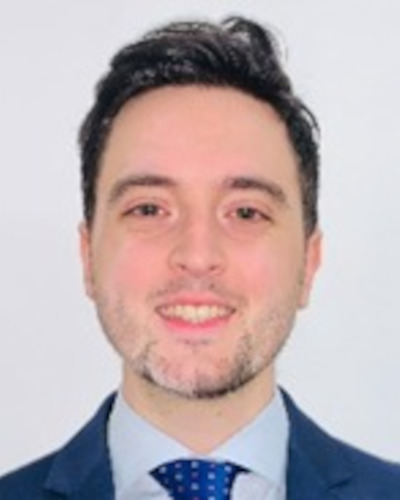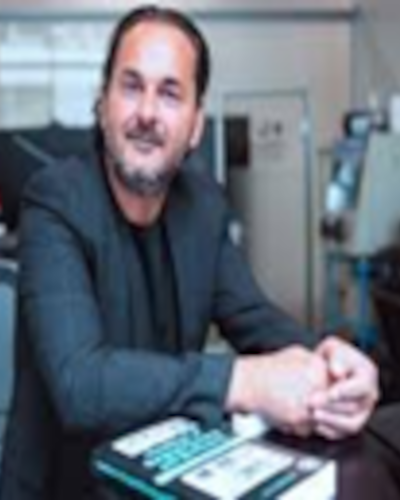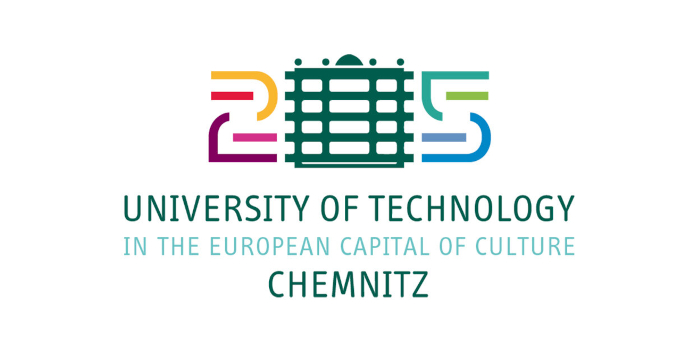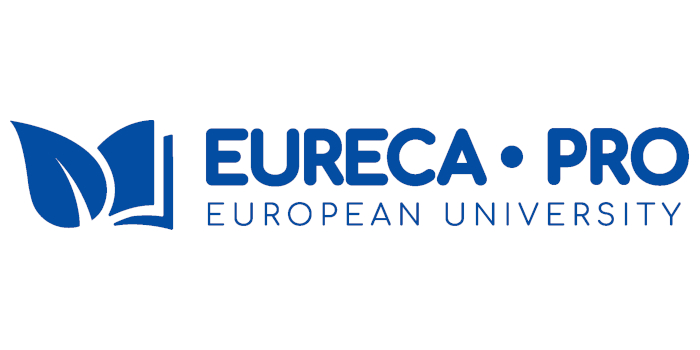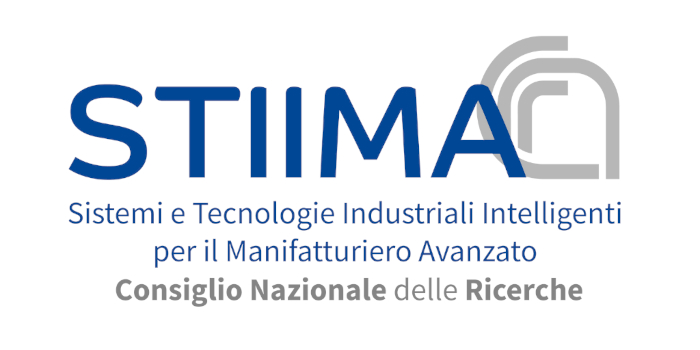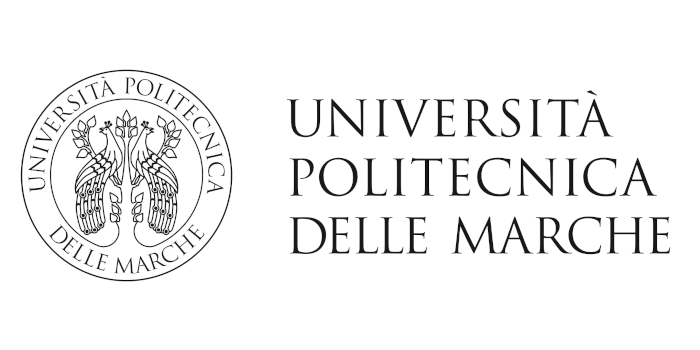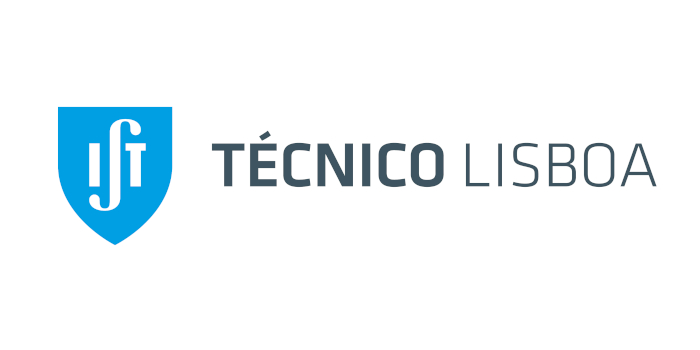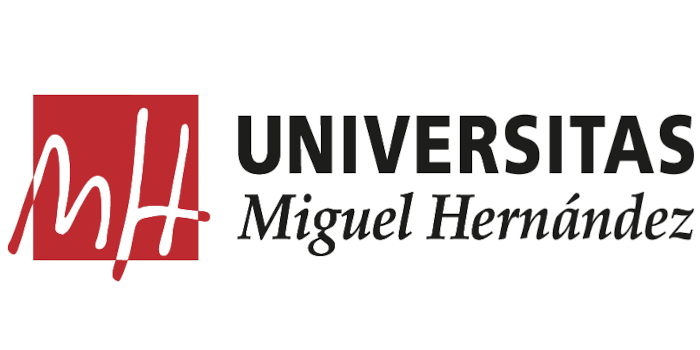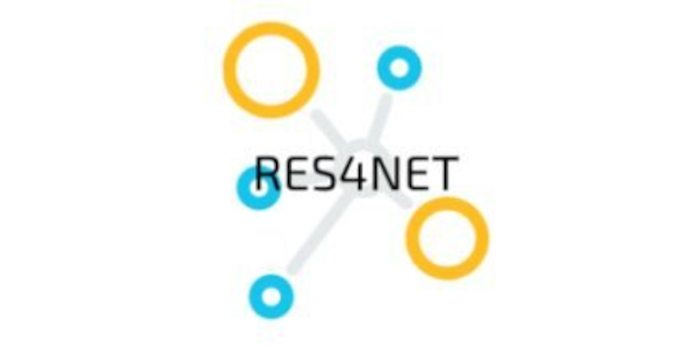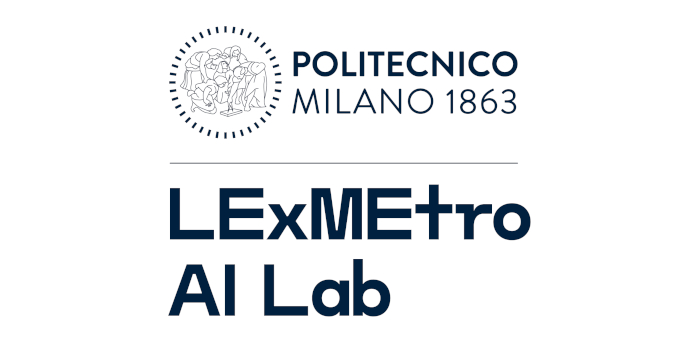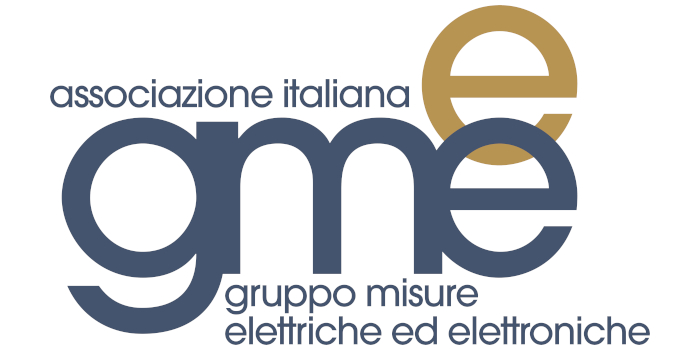THEMATIC SESSION #26
Metrology-driven AI, Signal Analysis and Healthcare Modeling
ORGANIZED BY
Vittorio Santoriello
University of Naples Federico II, Italy-Reykjavik University, Iceland
Ida Maruotto
Reykjavík University, Iceland
Alfonso Maria Ponsiglione
University of Naples Federico II, Italy
Paolo Gargiulo
Reykjavik University, Iceland
THEMATIC SESSION DESCRIPTION
Recently, advanced modeling, simulation, signal and image analysis techniques have been increasingly adopted in the healthcare domain to support diagnosis, monitoring, and the design of patient-specific solutions. These approaches enable the interpretation of complex biomedical data and the representation of physiological systems and healthcare processes. Additionally, artificial intelligence (AI) and data-driven methods can enhance predictive capabilities and pattern recognition, where their effectiveness strongly depends on data quality, measurement reliability, and proper uncertainty management.
This thematic session aims to bring together contributions focused on modeling, simulation, and data analysis for healthcare applications, promoting reliable, interpretable, and clinically meaningful solutions.
TOPICS
Artificial Intelligence towards Wireless Sensor Networks:
- AI in Healthcare;
- Biomedical Signal and Image Analysis;
- Modeling and Simulations in Healthcare;
- Processing and Monitoring of Physiological Signals;
- Neural Engineering;
- Additive manufacturing and 3D printing;
- Digital Twins in Healthcare.
ABOUT THE ORGANIZERS
Vittorio Santoriello is a Ph.D. candidate in Information and Communication Technology for Health, jointly enrolled at the University of Naples “Federico II” and Reykjavik University under a cotutelle agreement. He holds a Master’s Degree in Biomedical Engineering with a specialization in Medical Devices, graduating with top honors (110 cum laude) from the University of Naples "Federico II." His research focuses on the analysis of biosignals for personalized medicine, including heart rate variability (HRV), center of pressure, EEG, and electrodermal activity (EDA). His work is applied in various contexts such as automatic pain assessment, rehabilitation monitoring in Amyotrophic Lateral Sclerosis (ALS) patients, and postural control challenges.
Ida Maruotto is a Ph.D student in Biomedical Engineering at the Institute and Biomedical and Neural Engineering (IBNE), Reykjavík University, Iceland. She graduated in 2023 in Computer Engineering, specializing in Digital Health and Biomedical Engineering with top honors at University of Salerno, Italy.
Her research focuses on Artificial Intelligence models applied to healthcare data. Her work is applied to different contexts, from biosignals to images, analyzing conditions such as motion sickness, neurodegenerative disease, knee osteoarthritis and dry eye syndrome.
Alfonso Maria Ponsiglione received the M.Sc. and Ph.D. degrees in biomedical engineering from the University of Naples Federico II (UNINA), in 2013 and 2019, respectively. During the Ph.D. degree, he carried out research in nanomedicine with the Center for Advanced Biomaterials for Healthcare, Italian Institute of Technology. From 2019 to 2023, he was a Research Fellow with the Department of Electrical Engineering and Information Technology (DIETI), UNINA. Since 2022, he has been a Visiting Researcher with the Department of Engineering, Reykjavik University, Iceland, collaborating in the study of motion sickness through biosignal analysis. Since 2024, he has been a tenure-track Assistant Professor in biomedical engineering with DIETI, where he carries out research in biosignal and bioimage processing and in the analysis and simulation of biomedical data and systems. He has coauthored more than 100 papers in international journals and proceedings. He serves as a Senior Editor for the IEEE JOURNAL OF TRANSLATIONAL ENGINEERING IN HEALTH AND MEDICINES.
Paolo Gargiulo is a full professor at Reykjavik University with a distinguished academic background. He studied at TU Wien and completed his PhD in 2009. His primary research interests and expertise lie in medical image processing, neuroengineering, 3D printing, and medical technologies. At Landspítali University Hospital, he established a 3D printing service that has supported surgical planning for over 300 operations, significantly impacting Iceland's healthcare system and earning international recognition for his pioneering work in the field. Paolo Gargiulo is the founder and director for the Institute of Biomedical and Neural Engineering, which encompasses advanced research facilities such as a high-density electroencephalographic system (256- EEG), Postural control platform and Virtual reality system and 3D printing and additive manufacturing center a postural control platform, a virtual reality system, and a center for 3D printing and additive manufacturing. He has published over 100 scientific articles, books, and book chapters across diverse fields and has presented his work at numerous international conferences and workshops. He has also participated in several EU-funded research projects, including RESTORE, P4FIT and SINPAIN. In 2023, Paolo received the prestigious Scientist of the Year Award at Reykjavik University and was granted an Excellence Award by the Icelandic Centre for Research to study postural control responses as biomarkers for neurodegenerative conditions. He is also the co-founder of the startup company Heilalabs, which focuses on studying brain aging and developing predictive evaluation metrics for neurodegenerative diseases. In May 2025, the President of the Italian Republic honored him as Cavaliere dell'Ordine della Stella d'Italia (Knight of the Order of the Star of Italy) for his scientific achievements and contributions to international cooperation.

